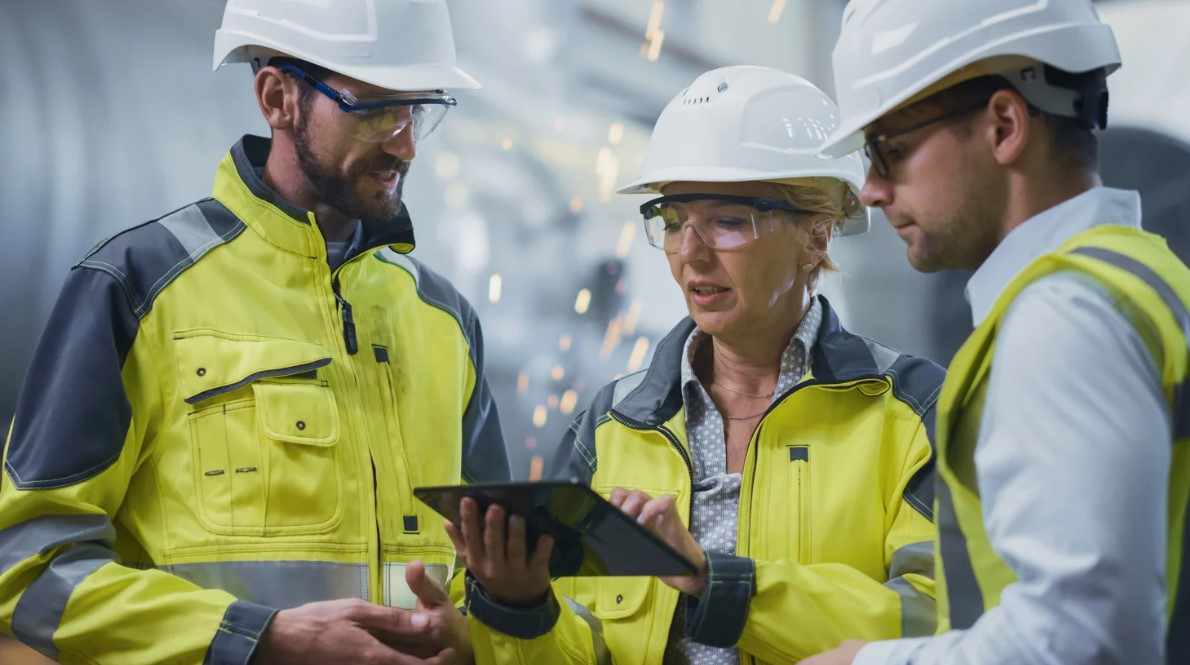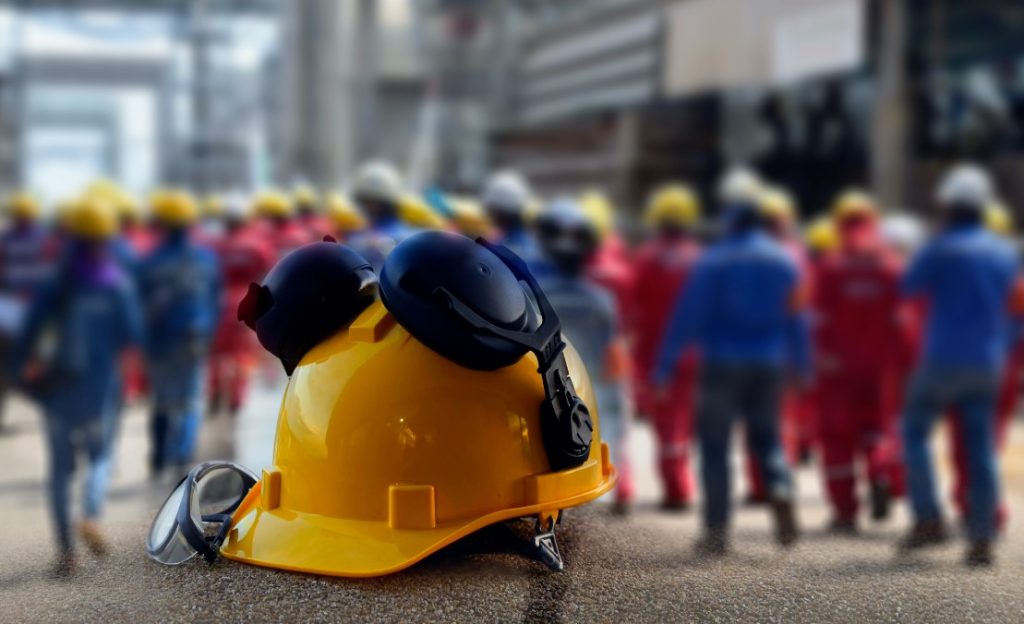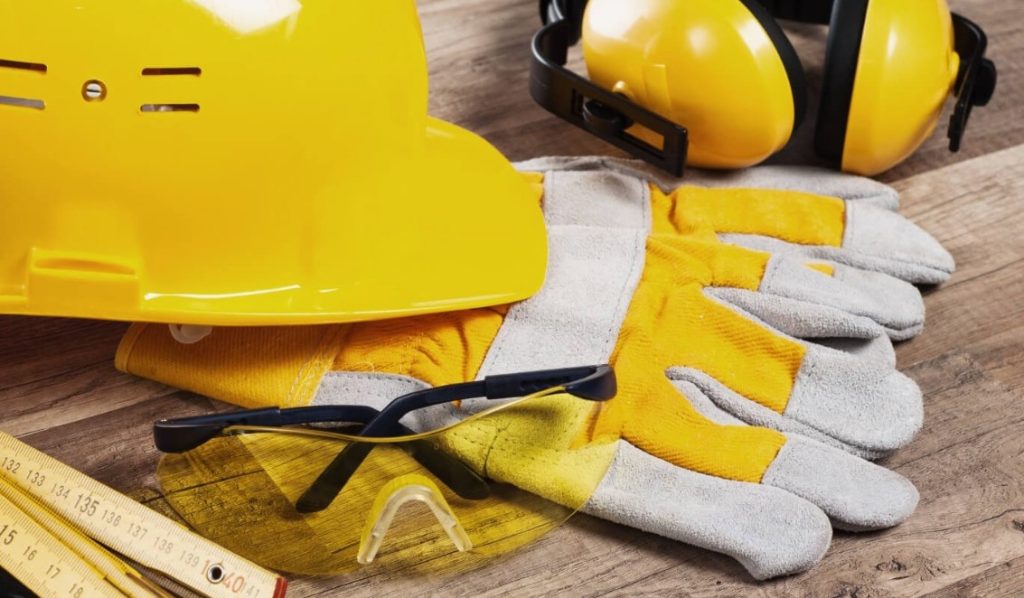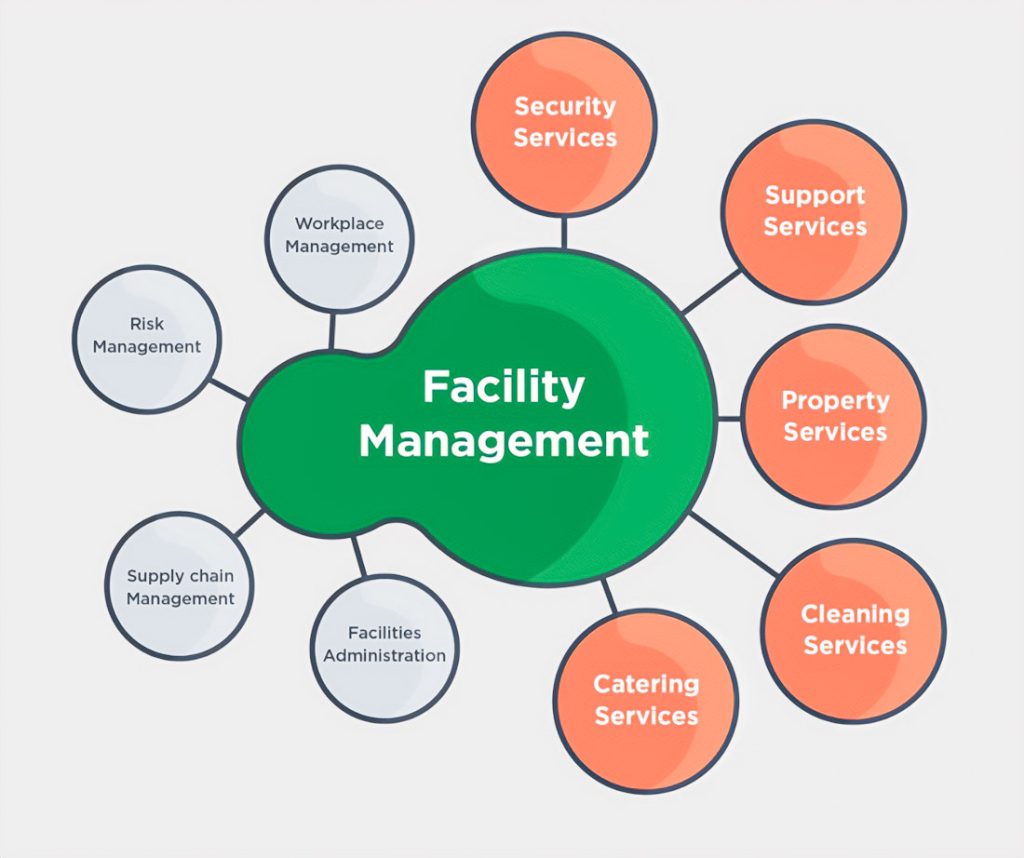
In today’s fast-paced industrial landscape, safety measures are more than just legal obligations—they’re a commitment to the well-being of workers, a catalyst for productivity, and a shield against significant financial loss. With the right mix of precaution and prevention, industrial safety can keep operational wheels spinning without the disruptive halts of accidents. Yet, some industries still overlook these protocols, leaving room for hazardous incidents. Let’s delve into why industrial safety is a critical investment, not a negotiable item, and why essentials like quality safety shoes Dubai shouldn’t be ignored.
The High Stakes of Industrial Safety Negligence
Every year, millions of workers across various industries—manufacturing, construction, warehousing, logistics—encounter occupational hazards, many of which are preventable. As per the International Labour Organization (ILO), work-related accidents and diseases claim the lives of over 2.3 million people worldwide every year, which equates to over 6,000 deaths every day. Additionally, 340 million occupational accidents occur each year, causing significant financial losses for communities and enterprises in addition to human suffering.
Ignoring safety is bad for workers and costs businesses money. According to the National Safety Council (NSC), occupational injuries cost American employers more than $171 billion annually. Countries may have different figures, but the financial impact is always significant. It covers everything from increased insurance premiums and medical expenditures to lost production and legal fees.

Key Components of Industrial Safety Precautions
Industrial safety precautions include training programs, proper equipment, clear communication, and safety protocols. Each of these elements plays a vital role in minimizing risks, but certain basics often go neglected:
Personal Protective Equipment (PPE): PPE is a critical line of defense. From helmets and goggles to safety shoes, these items are essential. Safety shoes in Dubai, for instance, are designed to withstand harsh industrial conditions and prevent injuries from slipping falling objects, and other workplace hazards. Studies show that proper PPE usage can reduce the severity of accidents by up to 60%.
Routine Safety Audits: Regular safety audits help identify existing hazards and prevent new ones from emerging. By continuously assessing risks, industries can stay ahead of potential problems rather than react after an incident.
Employee Training: Education is fundamental to safety. Ensuring all employees understand the latest safety protocols and equipment usage minimizes human error, a major contributor to industrial accidents. As per OSHA, companies that invest in continuous safety training see an average reduction of 37% in workplace injuries.
The Ripple Effects of Prioritizing Safety
Investing in safety isn’t just about avoiding financial or reputational damages. It all comes down to creating an atmosphere where workers feel protected and appreciated, which can boost their loyalty and output. Higher employee engagement, lower turnover, and improved morale are common outcomes for employers who maintain strict safety regulations. According to Liberty Mutual Workplace Safety Index research, companies save an average of $4 on costs related to occupational illnesses and injuries for every $1 invested in safety measures.
Respecting safety regulations enhances a business’s reputation and financial gains. In a time when consumer loyalty is greatly influenced by corporate social responsibility, companies that show concern for their employees draw in partners and customers who value moral behavior.
Why Safety Shoes Matter in Dubai’s Industrial Landscape
Dubai’s industrial sector is booming, with construction, logistics, and manufacturing among the top industries. As a result, ensuring safety in these environments is paramount. One often-overlooked piece of PPE in industrial safety protocols is quality footwear. Safety shoes in Dubai protect against accidents and provide comfort and support for workers on their feet all day.
Slip-resistant soles, steel-toe reinforcements, and waterproof materials make these shoes invaluable in reducing foot-related injuries. According to the American Society of Safety Engineers, 25% of disability claims in the workplace are due to foot injuries that could have been prevented by proper footwear. Investing in high-quality safety shoes is essential in a region like Dubai, where industrial workspaces are often exposed to extreme heat and varying terrains.
Real-Life Case Studies on Safety Neglect
The Rana Plaza Collapse (Bangladesh, 2013): In one of the deadliest industrial disasters, over 1,100 garment workers lost their lives due to unsafe working conditions, including poor building infrastructure. This tragedy spurred global calls for stricter safety regulations, especially in the textile industry, highlighting the catastrophic outcomes of neglecting safety.
The Texas City Refinery Explosion (USA, 2005): A lack of adherence to safety protocols led to an explosion that killed 15 workers and injured 180 others. Investigations revealed that inadequate training, neglected maintenance, and cost-cutting measures were significant factors, illustrating the high cost of compromising safety.

These incidents underline the importance of vigilance in safety measures to protect lives and avoid the enormous economic and reputational costs that follow safety failures.
The Future of Industrial Safety
With the rise of technology, industrial safety is evolving rapidly. Innovations such as wearable devices, artificial intelligence, and data analytics are transforming how industries approach safety. Smart helmets that monitor health metrics, drones for site inspections, and AI-powered systems that predict risks based on historical data are all integral parts of modern safety strategies. Adopting these technologies may come with initial costs, but they promise a safer, more efficient future.
Conclusion: Safety is Non-Negotiable
The statistics, the stories, and the stakes all point to one undeniable truth: industrial safety should never be neglected. Whether it’s ensuring that every worker has access to essential PPE, like safety shoes in Dubai, or implementing regular safety audits, these precautions are non-negotiable. Safety isn’t just a checkbox—a culture, an ethos, and a responsibility. Businesses that embrace this mentality protect their workforce and their future.
By investing in industrial safety today, companies pave the way for a safer tomorrow—where accidents are avoided, productivity is enhanced, and lives are preserved. Safety might cost, but the price of neglect is far greater. So, let’s keep our workplaces protected, our employees safe, and our industries thriving.

Soccer lover, nature enthusiast, guitarist, Bauhaus fan and critical graphic designer. Doing at the fulcrum of minimalism and purpose to craft experiences that go beyond design. I am 25 years old.


